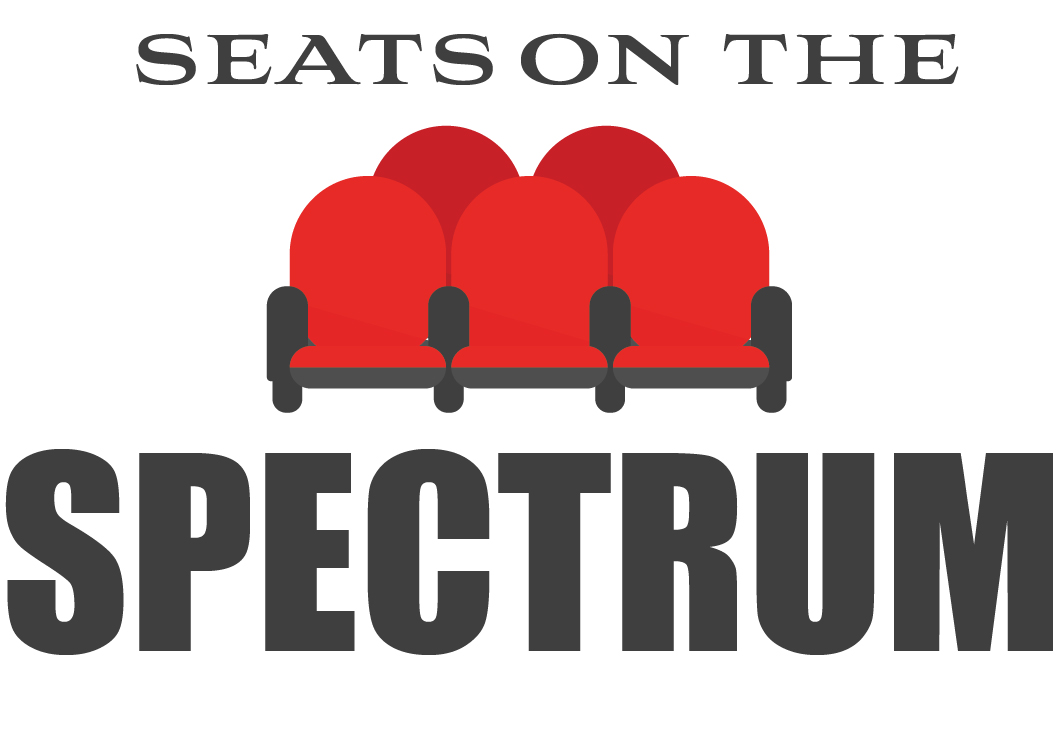
SEATS ON THE SPECTRUM: NEURODIVERSITY & THE PERFORMING ARTS
An emerging social justice issue
Established in 1999 by philanthropist Solange MacArthur, LUMBERYARD is a leader in the performing arts field in New York, working in arts education and social justice and reducing economic barriers associated with the creation of new work. LUMBERYARD identifes and addresses critical gaps in the performing arts field and develops industry-wide solutions.
NEURODIVERSITY IN THE PERFORMING ARTS
During the lockdown, we surveyed trends and patterns of inequities within the performing arts field to determine where we could focus new programming. There are many challenges facing the performing arts field as it recovers from the pandemic, including building a more diverse industry. We have identified neurodiversity, with a particular focus on autism, as an underrepresented and emerging opportunity for our field.
Globally, neurodiverse people comprise between 15-20% of the adult population and the U.S. childhood rate of autism is currently 2.8%. CDC researchers have reported that autism rates in the United States increased from 1 in 150 children in 2000 to 1 in 54 in 2016, and the rate now stands at 1 in 36 children. There are also significant racial disparities in autism diagnosis. Autism prevalence has traditionally been highest in white children in the U.S, but this is starting to change. African-American and Hispanic children have lower rates of diagnosis because of a lack of access to services. That said, widespread screening has improved detection of autism in these groups, and raised overall prevalence.
We cannot afford to play catch-up years down the line. The data shows solutions are urgently needed to prevent considerable, future marginalization. Addressing and integrating neurodiverse people, both artists and audiences, is a social justice issue that needs industry-wide attention.
AUDIENCE DEVELOPMENT: URGENT NEED FOR INCLUSION
LUMBERYARD is starting its neurodiversity initiative by focusing on audience development for neurodiverse populations with a particular focus on the autism spectrum.
For far too long, due to improper accommodations, people on the autism spectrum have been largely excluded from the performing arts community, only included as exceptions, and/or segregated from the mainstream. While efforts to include neurodiverse audience members have been made in earnest, diagnosis growth now also demands mainstream integration. Equitable access will require an overhaul in philosophy and practice.
LUMBERYARD is working to address these inequities.
Our work harkens back to the time before the Americans with Disabilities Act when disabled citizens were not provided the access that they deserved. Our aim is to catalyze a comparable change in society for members of the neurodiverse community by creating a national model for inclusion.
We are bringing together members of the neurodiversity community with healthcare practitioners, advocates for the community, and leading members of the theater and dance communities, including those with technical backgrounds, to map out a new environment that actively includes this community and produces sufficient opportunities for them.
To achieve these changes, we will use technology, innovations in presentation, and changes in how members of the neurodiverse community are engaged.
Attending a performing arts presentation is a fundamental level of entry to the field as a whole. In addition to the myriad of social-emotional benefits from early and repeated exposure to the performing arts as an audience member, we are keenly aware of the aspirational element of seeing performance as an entry point to participation as well as countless career opportunities.
Together, we can show that inclusion is the norm, not the exception.
To donate, sponsor, or learn more about SEATS ON THE SPECTRUM, please contact Jason Forrester - jforrester@lumberyard.org | 202-427-7009
